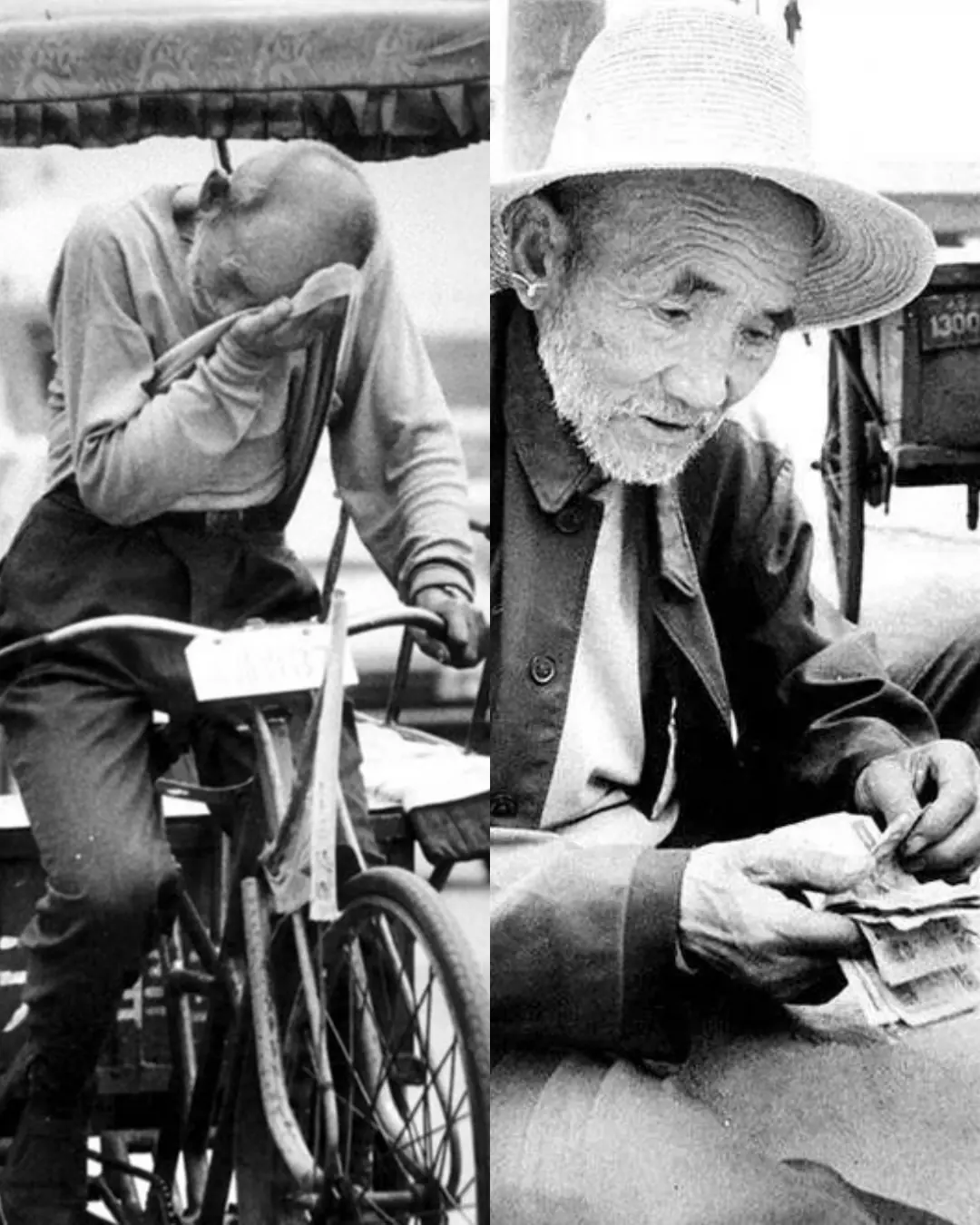
5 Everyday Foods That Quietly Drain Your Calcium — Young or Old, Everyone Should Watch Out
Calcium is an essential mineral that supports strong bones, healthy teeth, and a well-functioning nervous system. However, some seemingly harmless foods can gradually deplete calcium from your body — leading to weaker bones, brittle teeth, joint aches, or early onset osteoporosis. Here are five foods you should minimise, whether you’re younger or older.
1. High-salt foods – the number one bone & joint threat
Consuming too much sodium causes the kidneys to excrete more calcium in urine. According to the Bone Health & Osteoporosis Foundation, a diet high in salt promotes bone loss over time. Medical News Today+1
Foods to limit: dry-salted fish, fermented fish sauce, pickles, canned foods, instant noodles, fast-food.
Suggested solution: Reduce added salt in cooking, avoid salty condiments and heavily processed foods.
2. Carbonated soft drinks – “melting” calcium in your bones
Soft drinks, especially colas, contain phosphoric acid and high sugar. These interfere with calcium absorption and increase calcium excretion. A nutrition review states that excess phosphorous and high sugar intake are factors that can undermine bone health. gov.bm+1
Long-term effect: weaker bones, children may grow poorly, adults may get osteoporosis early, teeth may wear faster.
Best alternative: Water, mineral water, or fresh fruit/vegetable juices without added sugar.
3. Red meat & organ meats – over-doing can harm bones
Red meats (beef, pork, lamb) and organ meats (liver, kidney, heart) contain high levels of protein and phosphorus. When consumed in excess, they may upset the mineral balance in the body and increase calcium loss. A dietary guide notes high phosphorous intake may reduce calcium levels. gov.bm
Tip: Use red meat sparingly. Alternate with fish, legumes, tofu, and plenty of vegetables for better bone-friendly nutrition.
4. Strong coffee, heavy tea – the silent calcium-stealers
Caffeine in large amounts can interfere with calcium absorption and increase bone loss risk. The UC Davis nutrition sheet indicates excessive caffeine and sodium both may contribute to calcium depletion. Bone Health & Osteoporosis Foundation+1
If you drink multiple cups of strong coffee or tea daily, especially on an empty stomach, the effect may add up over time.
Suggestion: Drink coffee/tea in moderation (e.g., under 2-3 cups/day), pair with milk or a calcium-rich snack to mitigate loss.
5. Foods high in refined sugar – accelerating calcium loss
Sweet foods and sugary drinks may not only add calories, but also promote acid production, alter vitamin D metabolism, and interfere with calcium retention. Some studies link high sugar intake with reduced bone health. Timeslife
Desserts, milk-tea with lots of sugar, candy – all should be limited.
Better choices: Unsweetened yogurt, fruit, dark chocolate (in moderation), and reduce added sugars in your daily diet.
🦴 Quick tips for stronger bones & teeth
-
Increase dark green vegetables, small seafood eaten with bones (e.g., sardines), dairy or calcium-fortified alternatives.
-
Get 10–15 minutes of morning sunlight daily (for vitamin D) to help calcium absorption.
-
Minimise alcohol and smoking — both accelerate bone loss.
-
Balance your plate: include protein, calcium, vitamin D, magnesium and avoid excess salt/sugar/caffeine.
In summary:
A poor dietary habit can silently “leach” calcium from your body over time — and whether you are young or older, your bones and teeth may pay the price. By avoiding the five foods listed above (or consuming them sparingly) and focusing on bone-friendly nutrition, you’ll help maintain a stronger, healthier body from the inside out.
News in the same category


Coco Gauff Celebrates 21st Birthday With New Balance Sneaker Release Honoring Her Grandmother & Florida Roots

Actively Black Turned NYFW Into Living History

Free-to-play Futurama: Hit & Run game could be the sequel fans have waited 22 years for

Trump and Zelensky have savage response to calls to build 70-mile tunnel linking Alaska to Russia
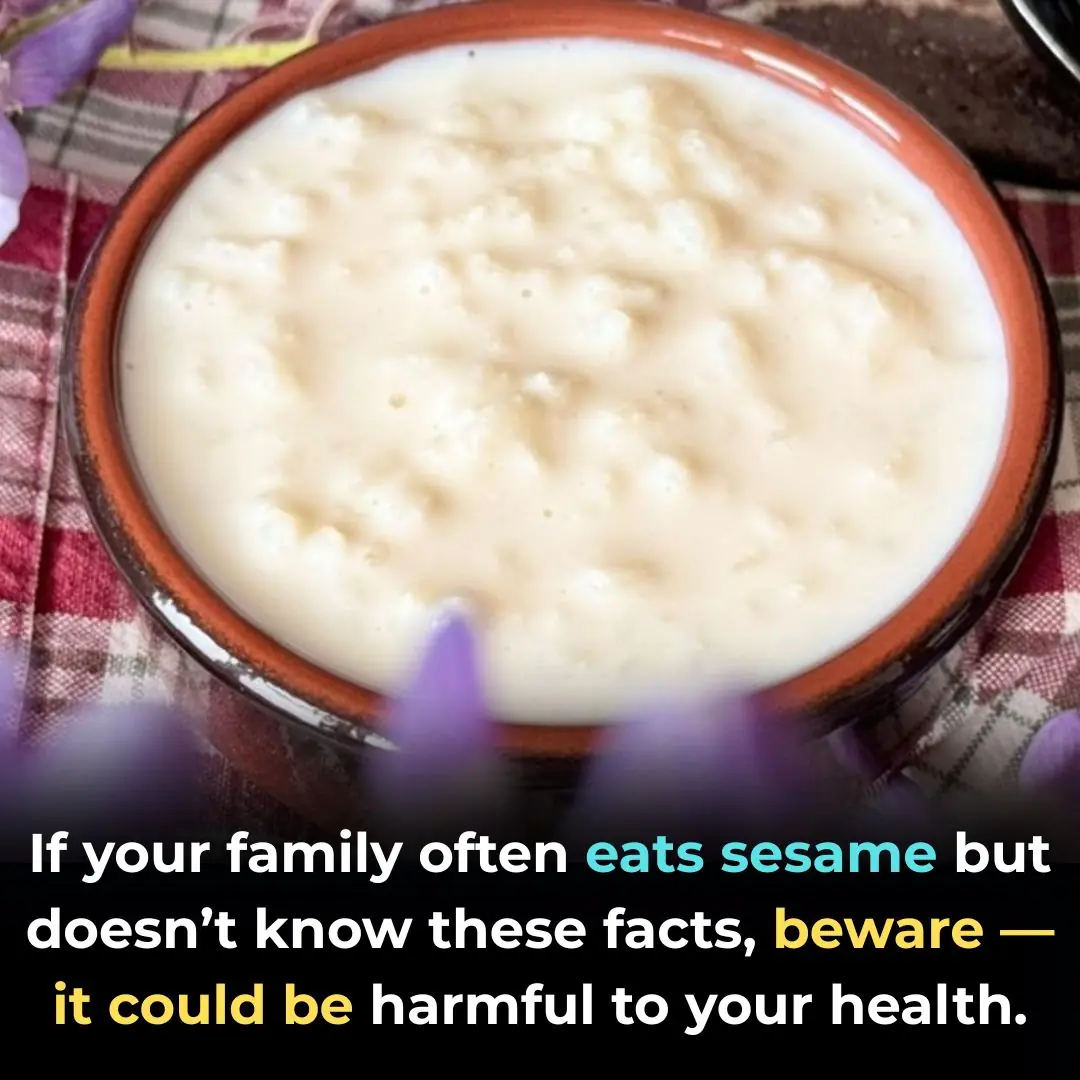
If Your Home Uses Mẻ Regularly — You Must Read This!
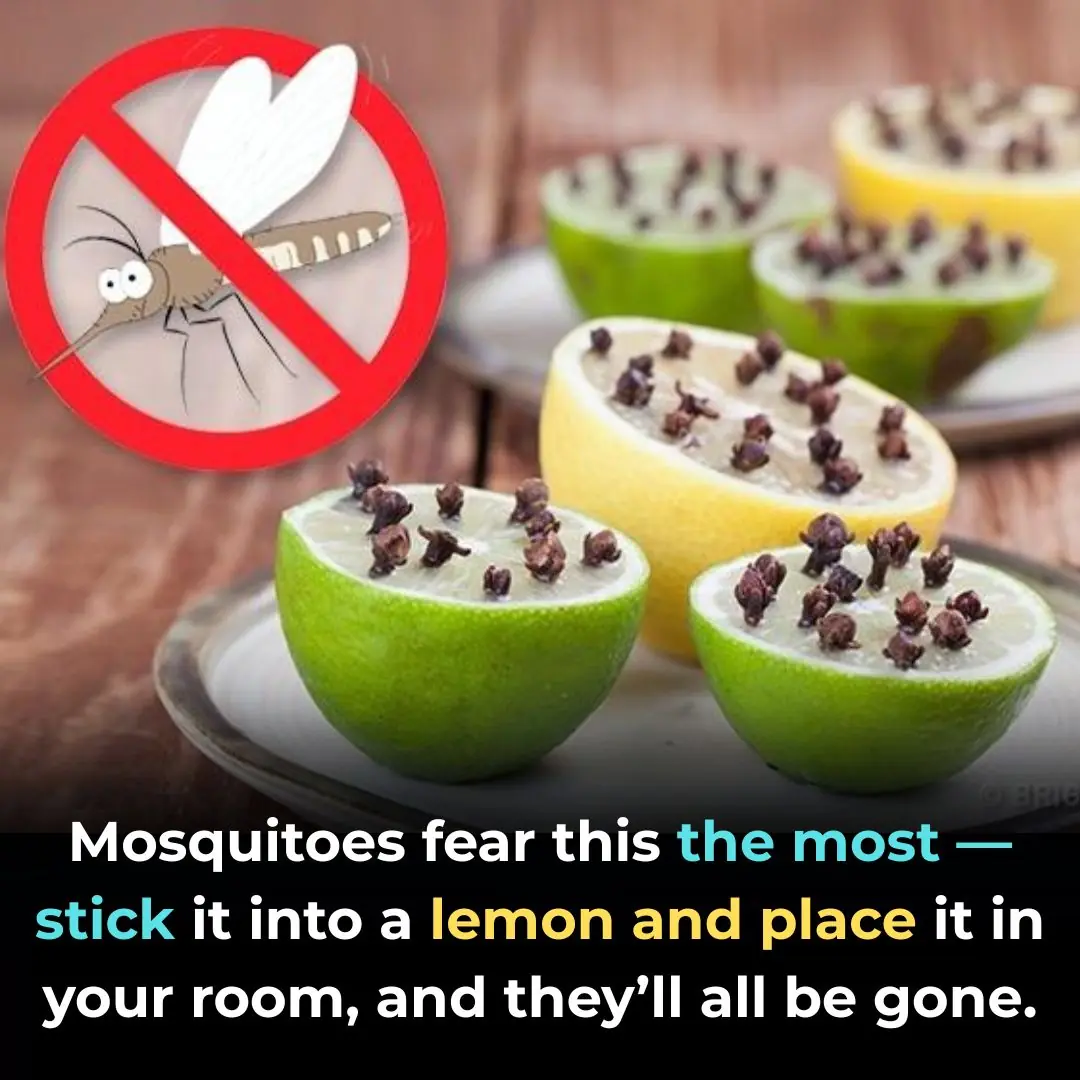
Keep Mosquitoes Away Naturally: Simple Home Remedies That Really Work
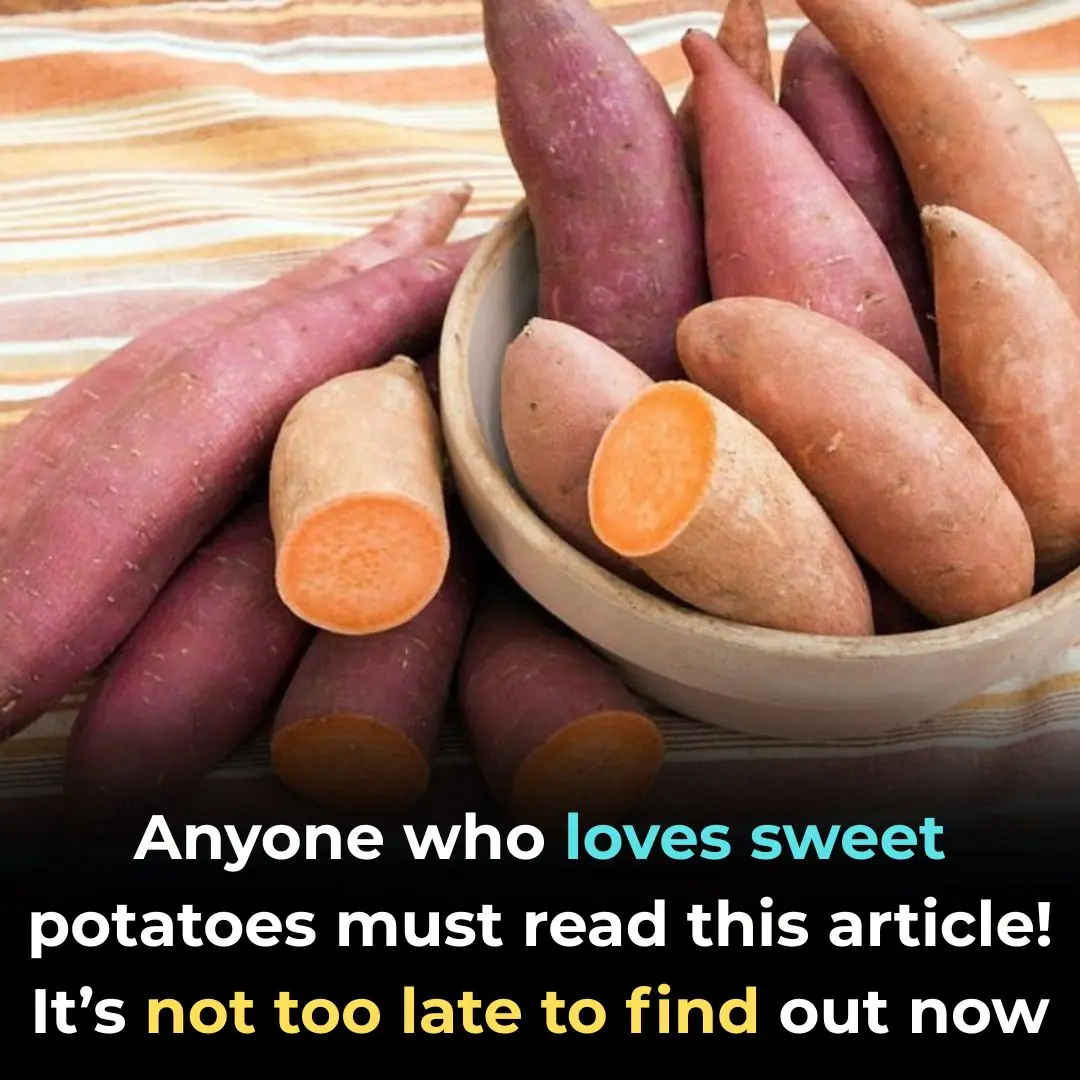
For Anyone Who Loves Sweet Potatoes — Read This! It’s Never Too Late to Know
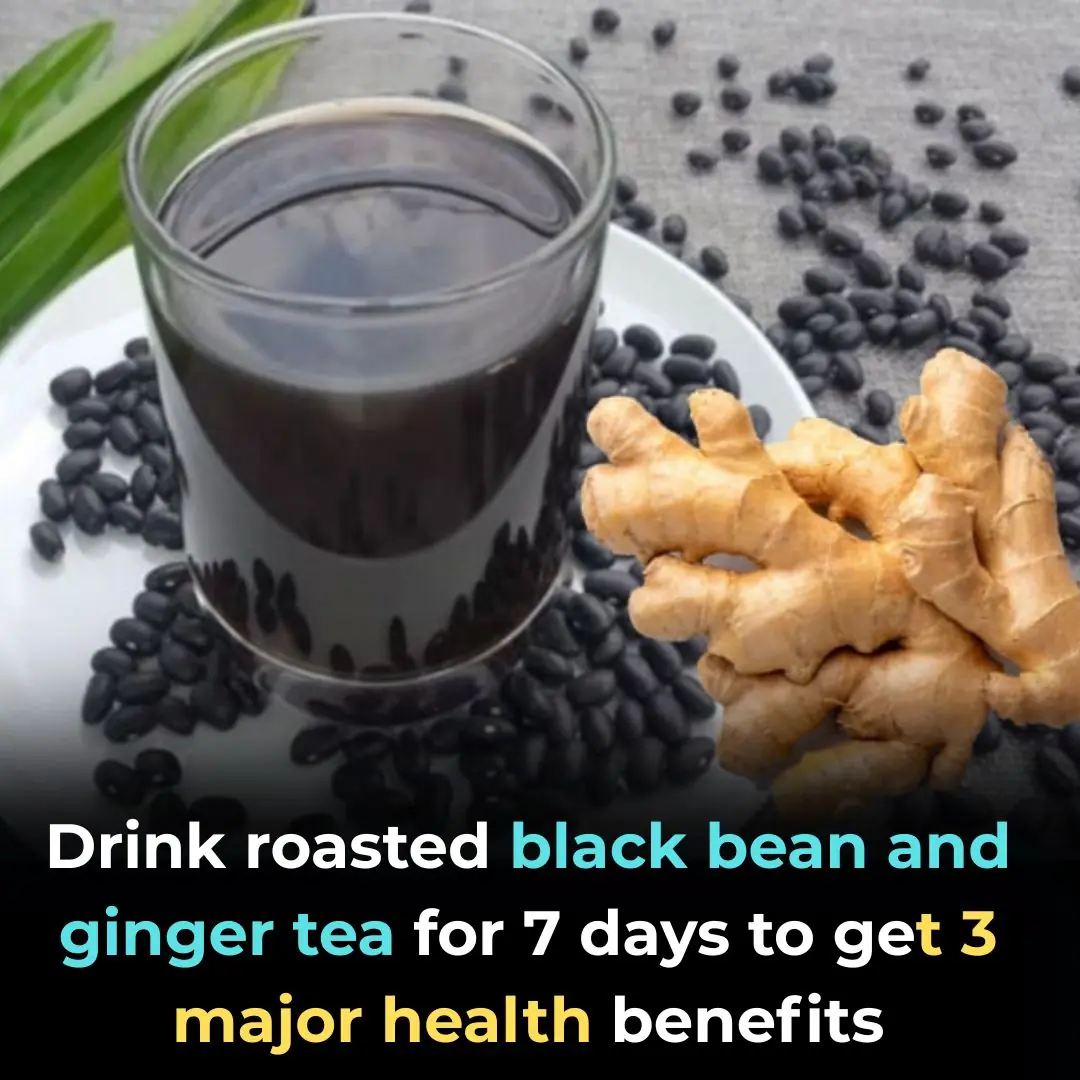
Drinking Roasted Black Bean & Ginger Water: After 7 Days, Your Body Receives 3 Major Benefits

Use Plantain (Plantago major) to Brew a Drink — Your Body Gets 5 Fantastic Benefits
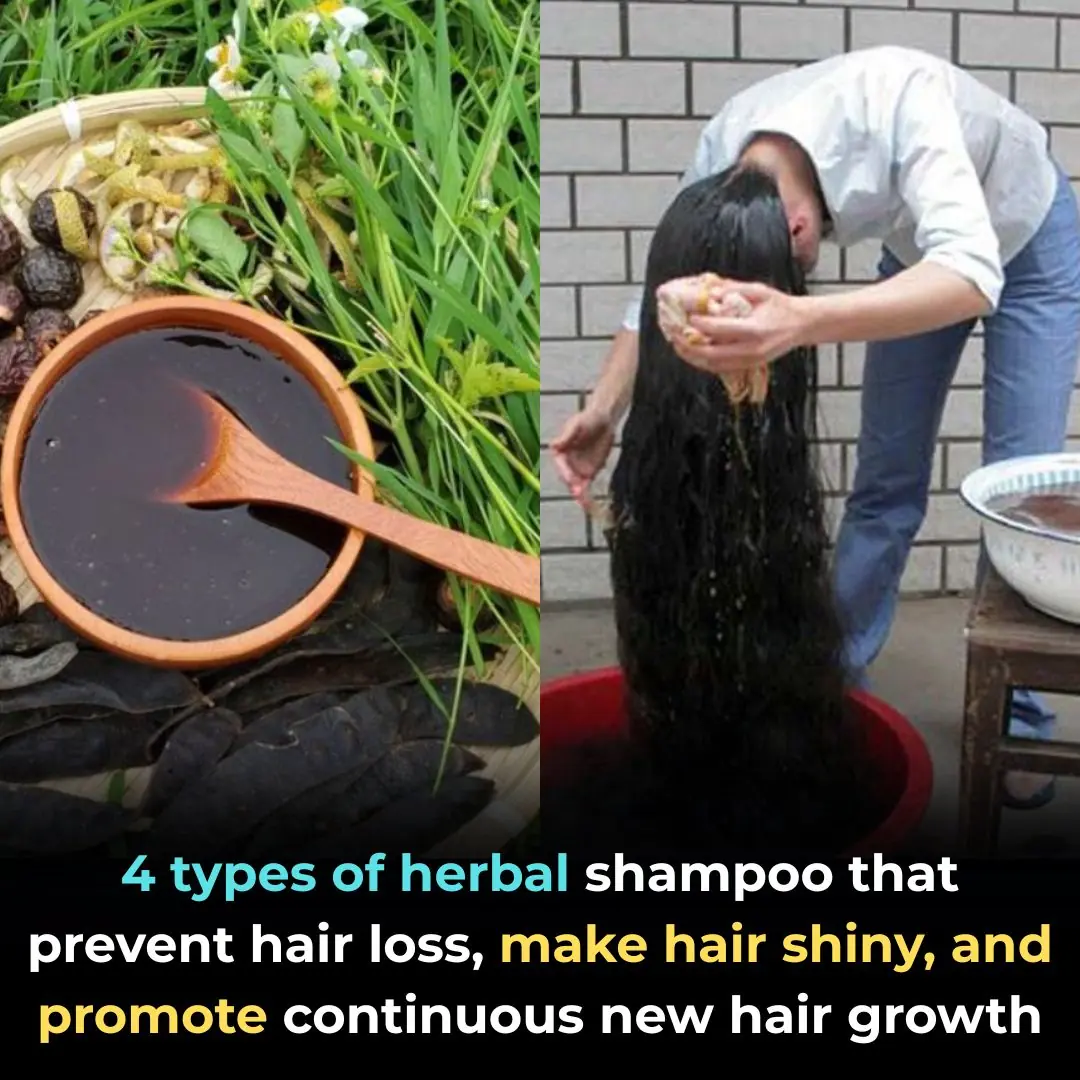
4 Herbal Hair Rinses to Prevent Hair Loss, Promote New Growth & Restore Shine
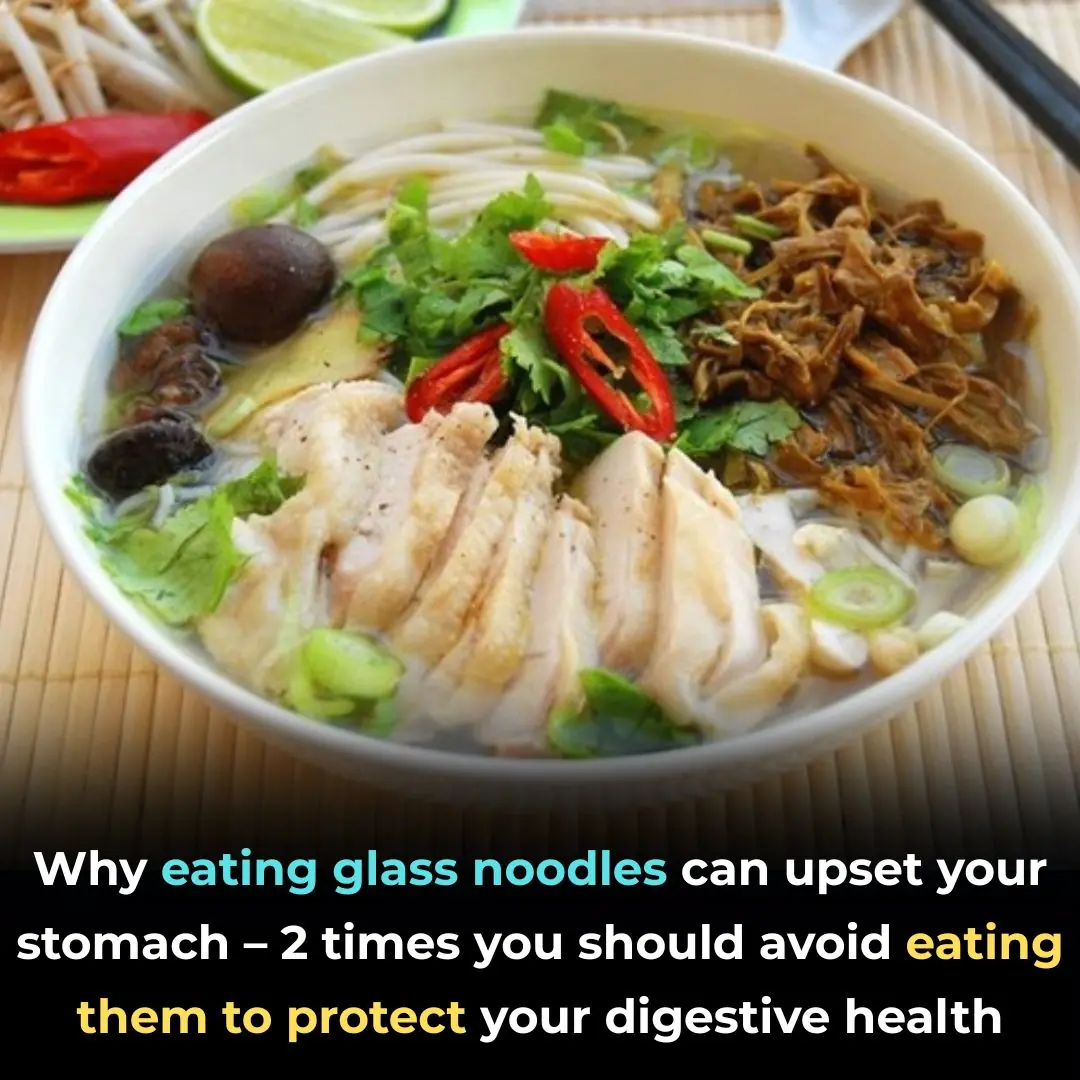
Why Eating Glass Noodles (miến) Can Make Your Stomach “Growl” — And 2 Times You Should Avoid Them to Protect Your Stomach

A 3-Year-Old Boy Got Super Glue in His Eye — His Mother’s “Golden 30 Seconds” Saved His Sight
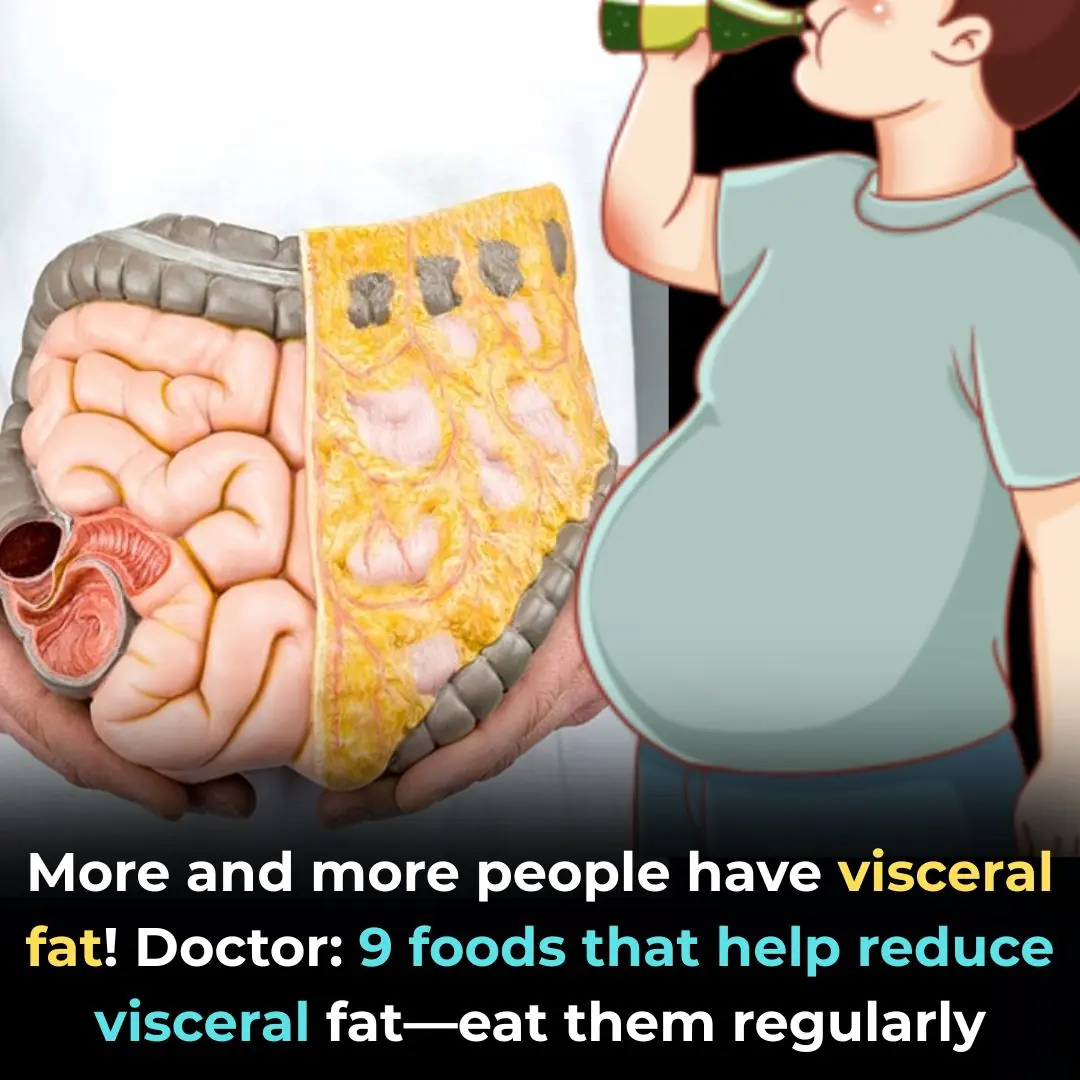
Growing Concern Over Visceral Fat — Doctors Recommend 9 Foods to Help Burn It Naturally

‘This Is An Opportunity For You To Get Some Portal Film’ | Deion Sanders’ Ruthless Scrimmage Urging Bench Players To Transfer Angers Fans

Texas Cheerleader Jumps Off Homecoming Float To Save Choking Toddler

Meet Andrea Walls, the Artist Preserving Black Stories Through Photography
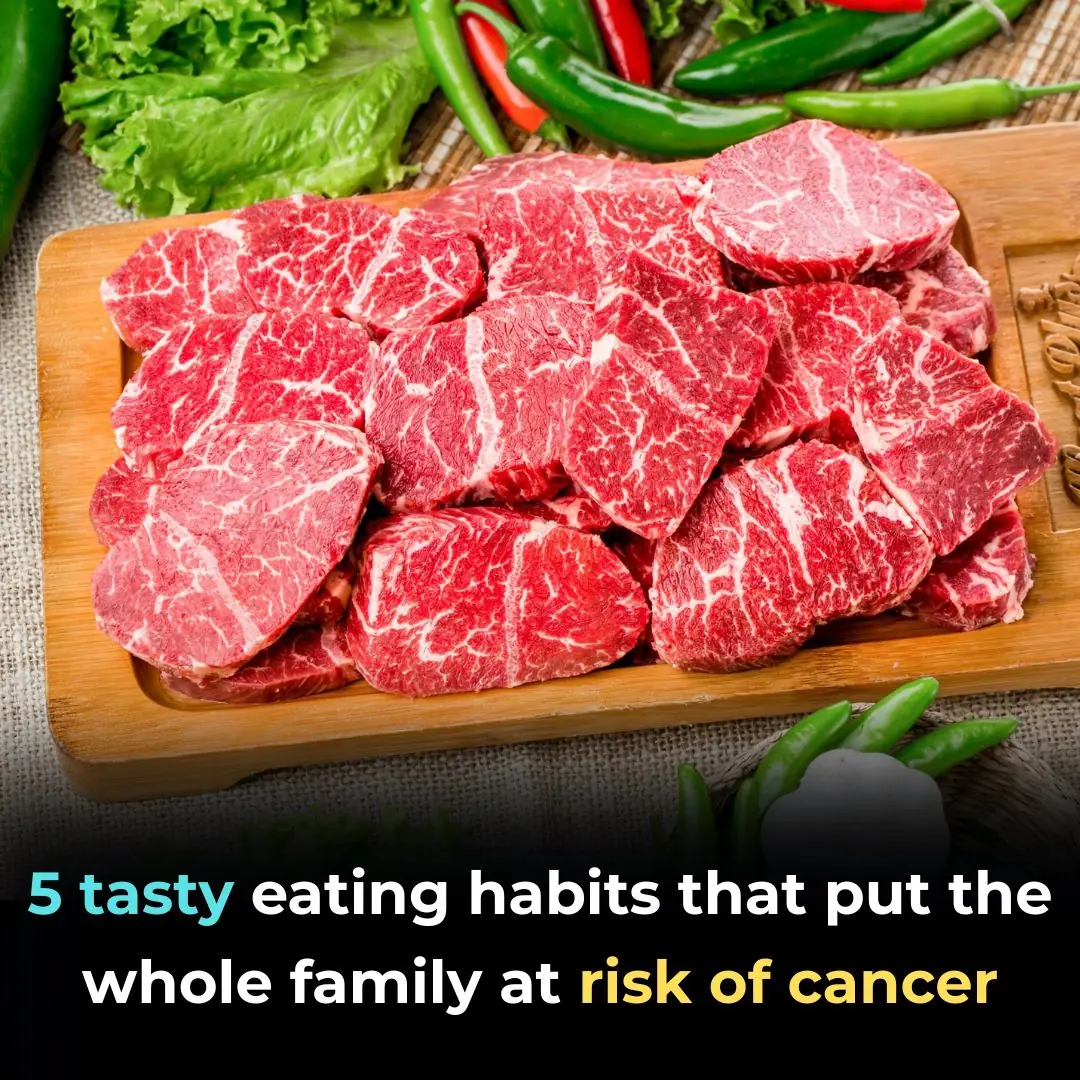
5 Tasty Eating Habits That Could Be Silent Cancer Risks for the Whole Family — Avoid Them Now
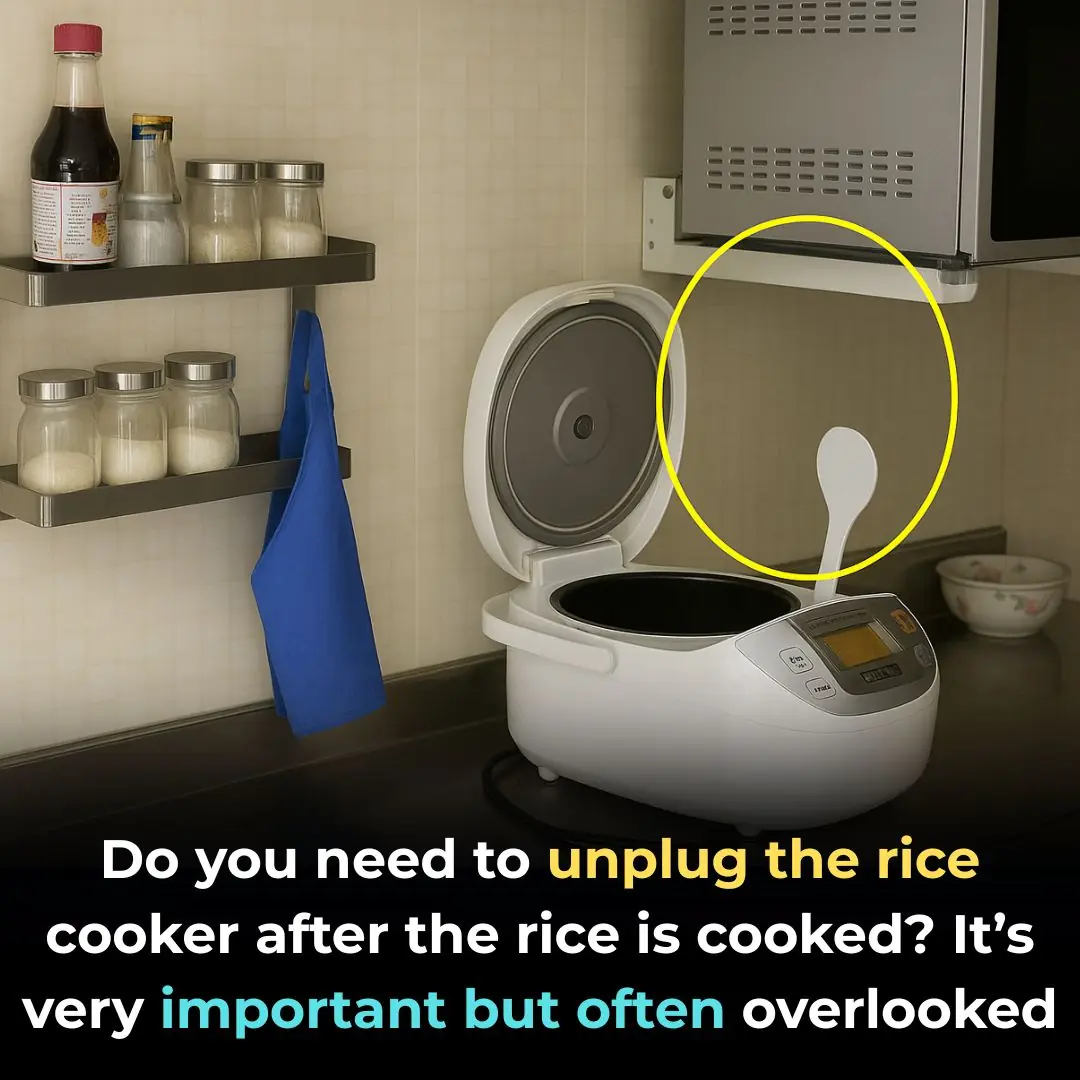
Do You Need to Unplug Your Rice Cooker After the Rice Is Done?
News Post

Tips for freezing tomatoes to eat all year round, the flavor is always fresh and delicious like freshly picked
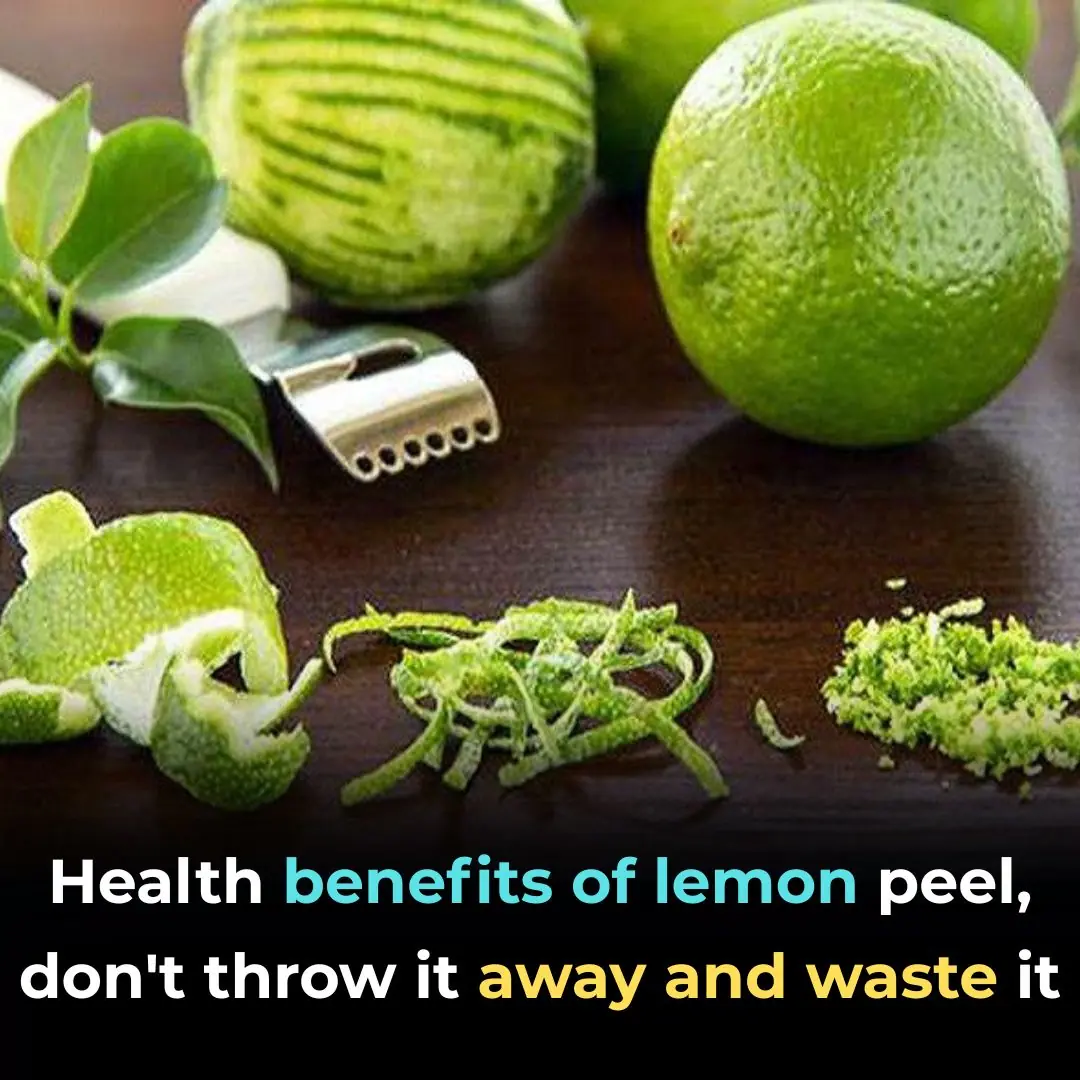
Health benefits of lemon peel, don't throw it away and waste it

Actor Woody McClain to Release New Comic Book Series, ‘The Brotherhood,’ Inspired by the Men in His Family

Coco Gauff Celebrates 21st Birthday With New Balance Sneaker Release Honoring Her Grandmother & Florida Roots

Actively Black Turned NYFW Into Living History

4 effective ways to clean yellow armpit stains on white shirts, making them as white as new
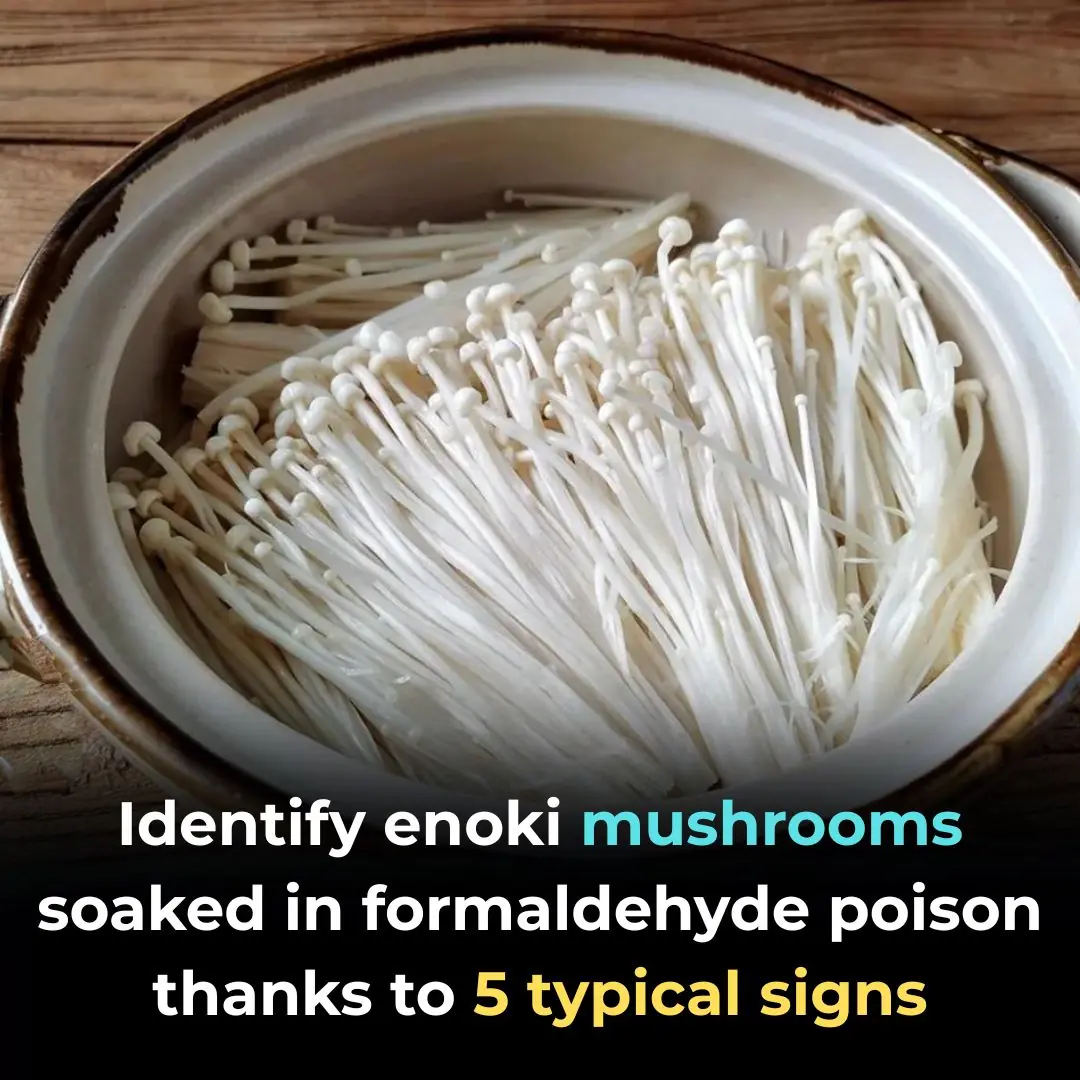
Identify enoki mushrooms soaked in formaldehyde poison thanks to 5 typical signs

8 devices that consume the most electricity, twice as much as air conditioners: Remember to unplug after use, or your bill will skyrocket.

Golden tips for choosing ham: Identify borax with a simple, absolutely safe way
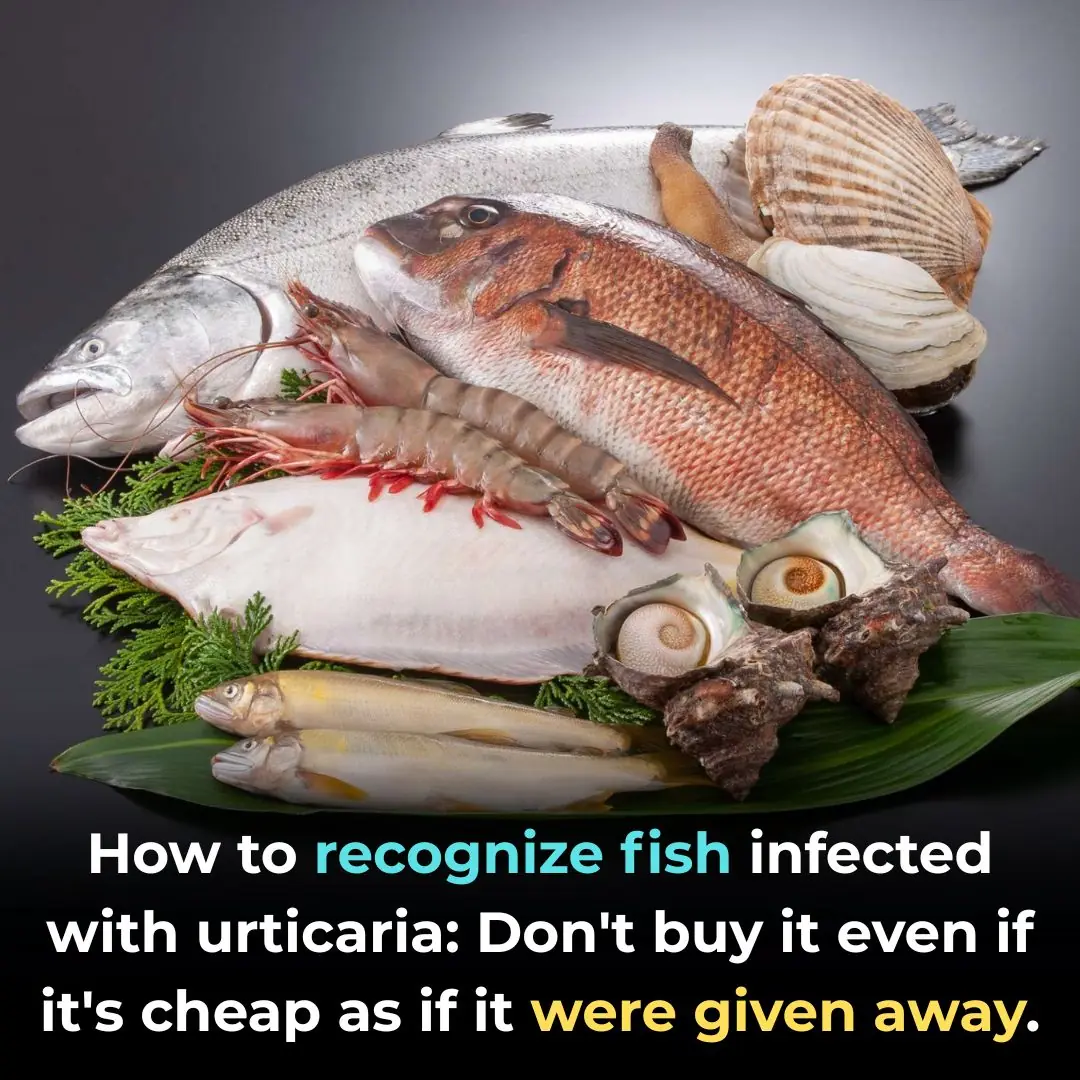
How to recognize fish infected with urticaria: Don't buy it even if it's cheap as if it were given away.

Soak lemongrass with vinegar to get a special type of water with wonderful uses.
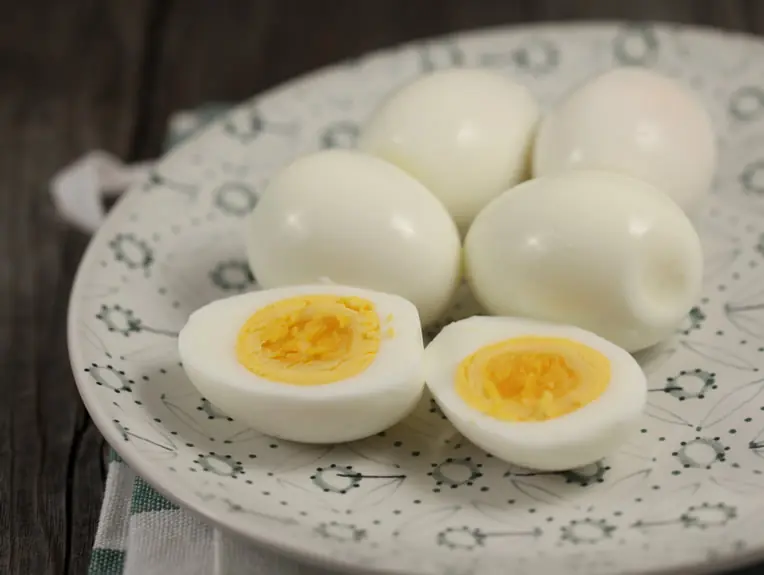
What Happens If You Eat 4 Whole Eggs a Day for 30 Days?
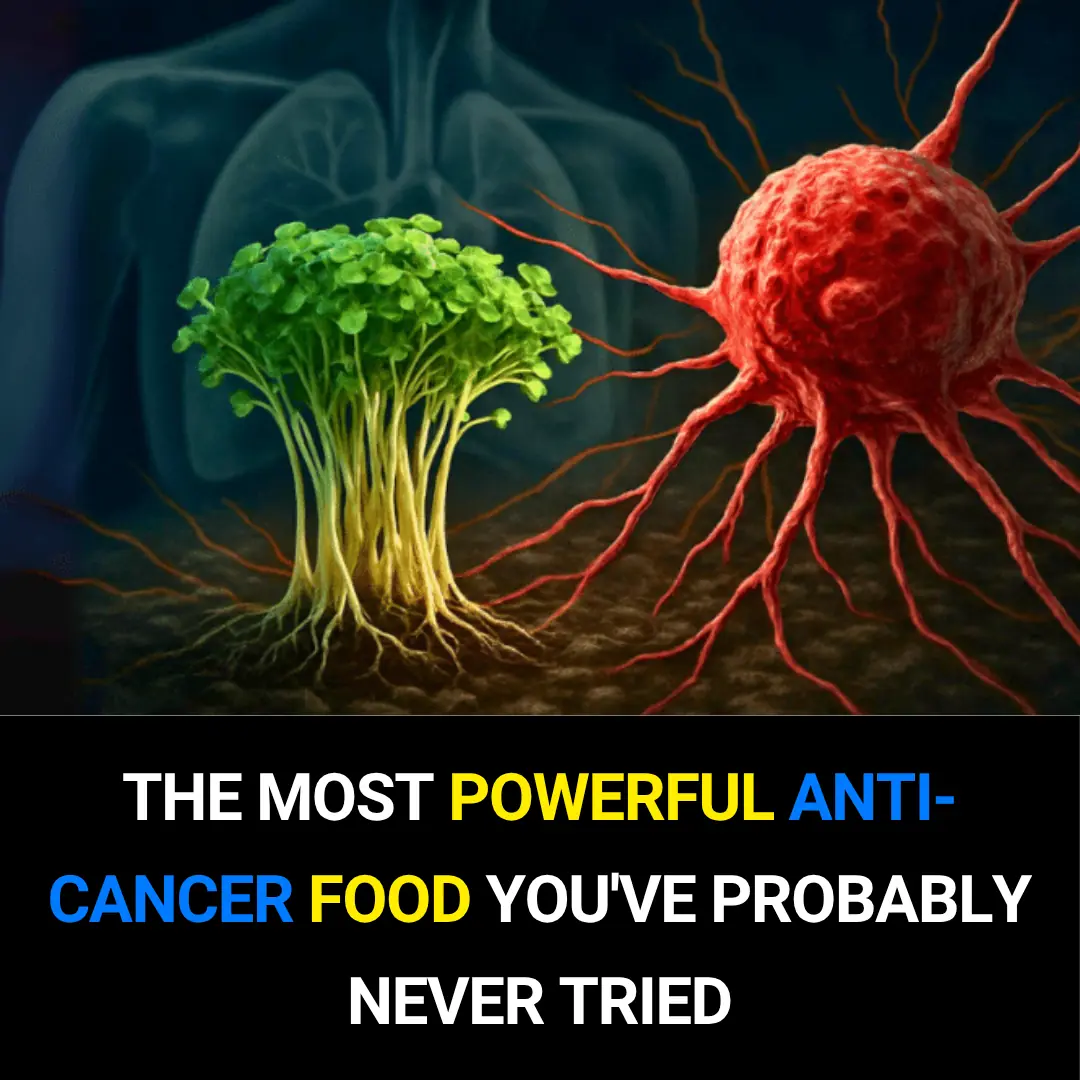
The Most Powerful Anti-Cancer Food You’ve Probably Never Tried
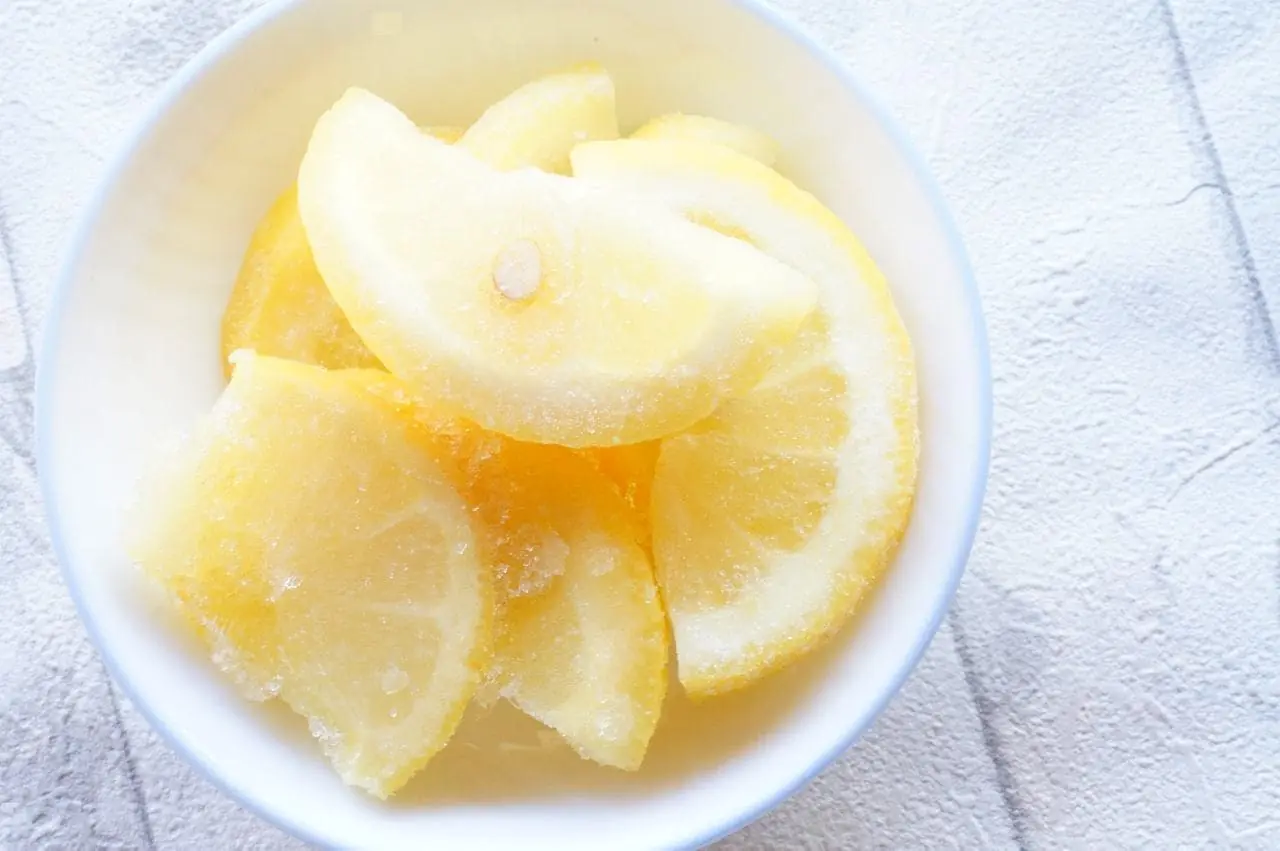
How to Use Frozen Lemon to Help Combat Malignant Tumors in the Body

When a Liger Met the Dolphins.
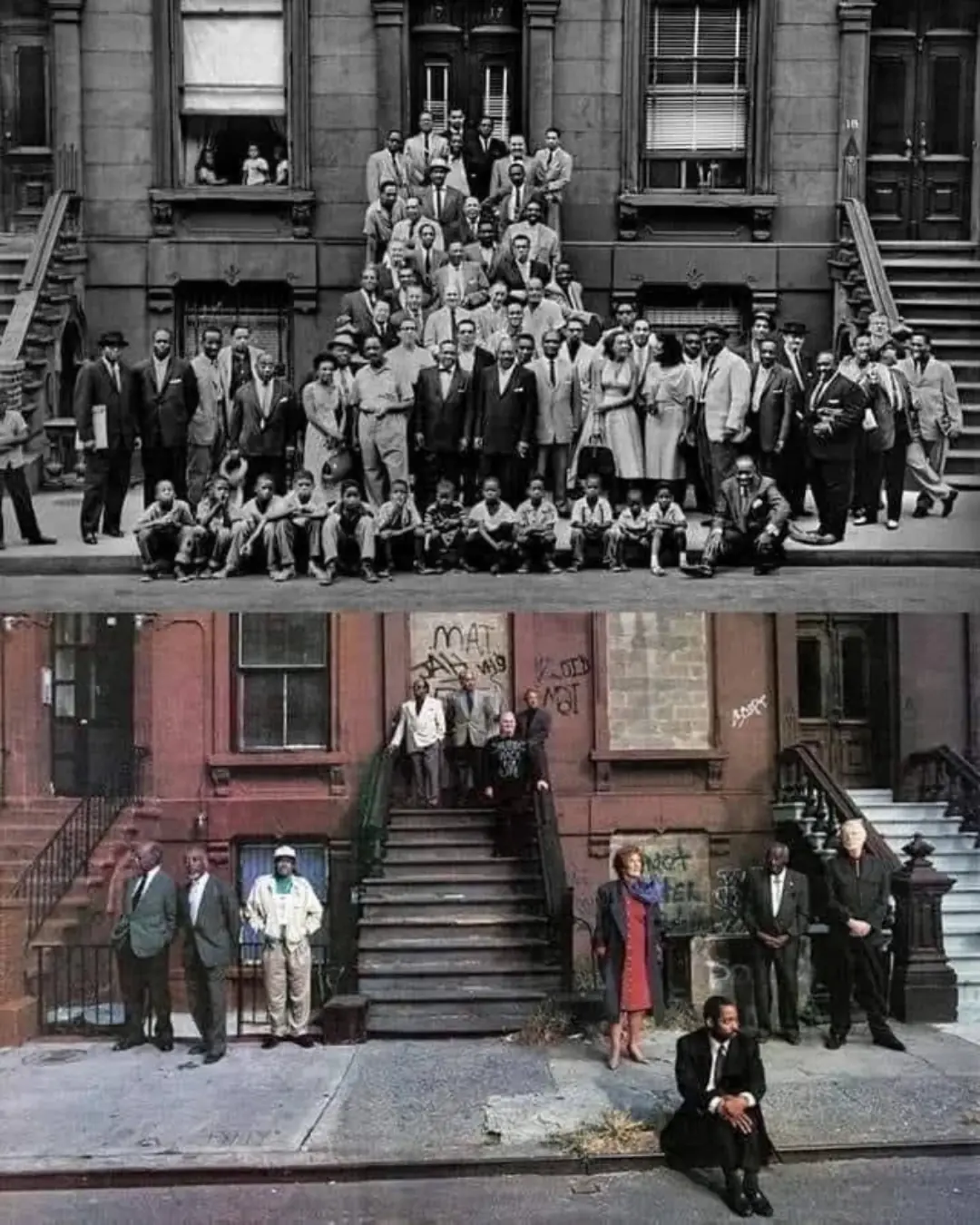
A Great Day in Harlem — and the Echo That Followed.
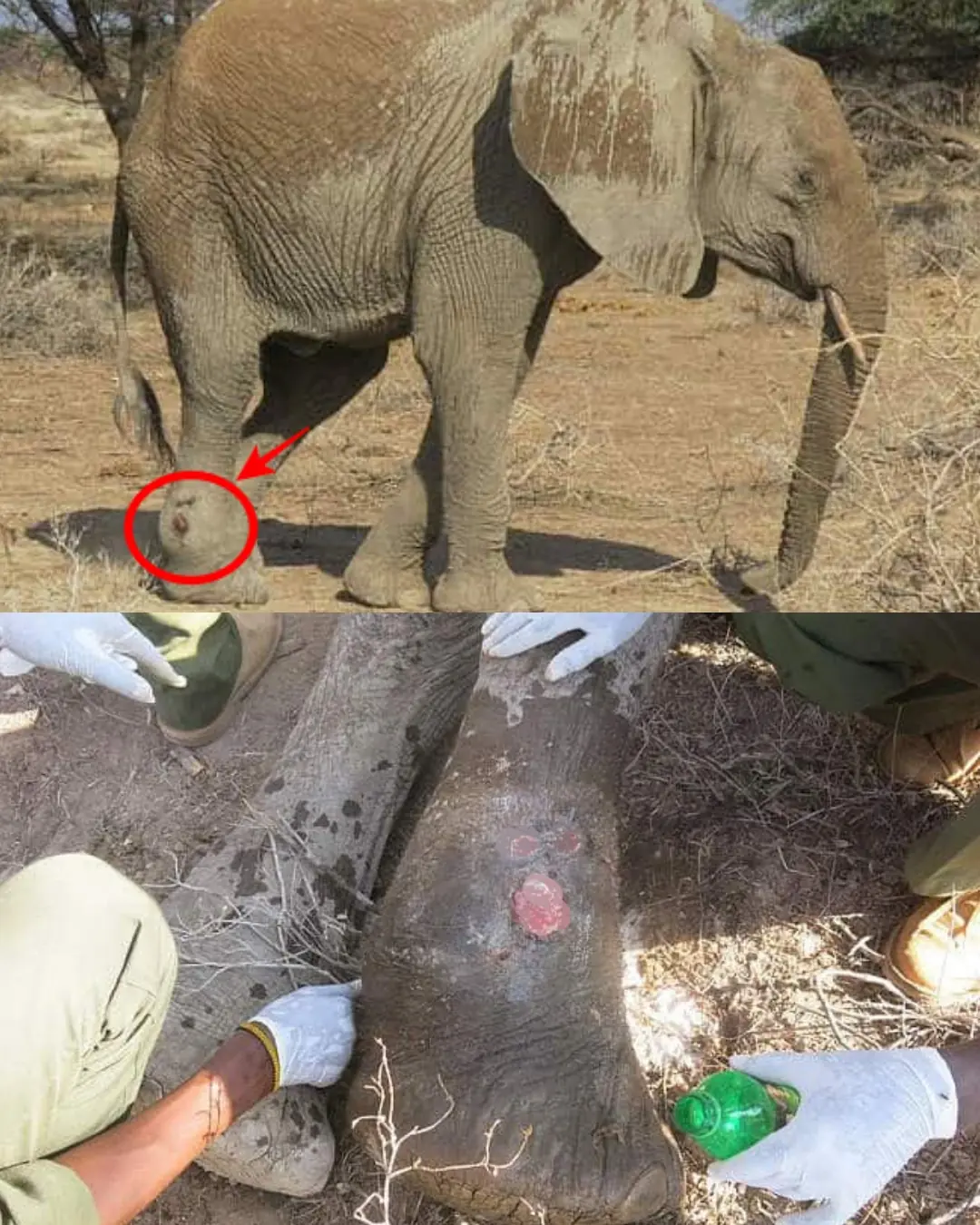
A Limping Giant’s Second Chance: The Young Elephant Who Refused to Fall.
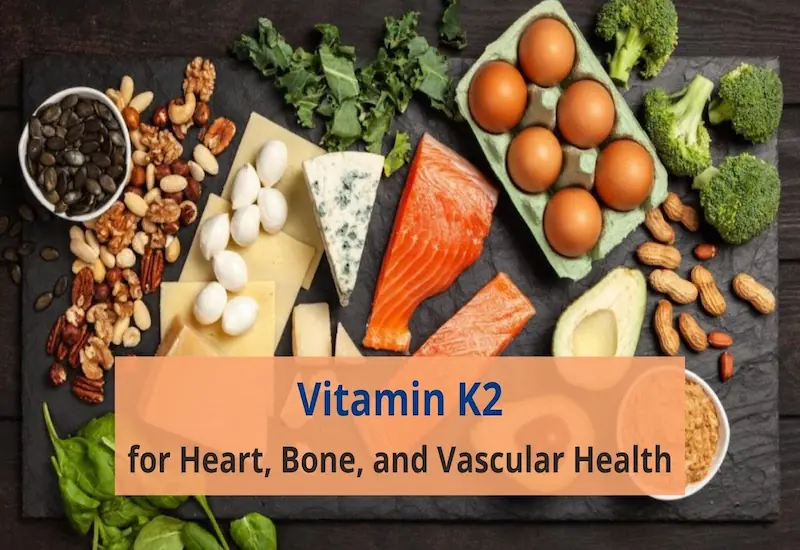
Vitamin K2: The Underrated Nutrient That Protects Your Heart and Arteries

The Little Girl and the Crows.
